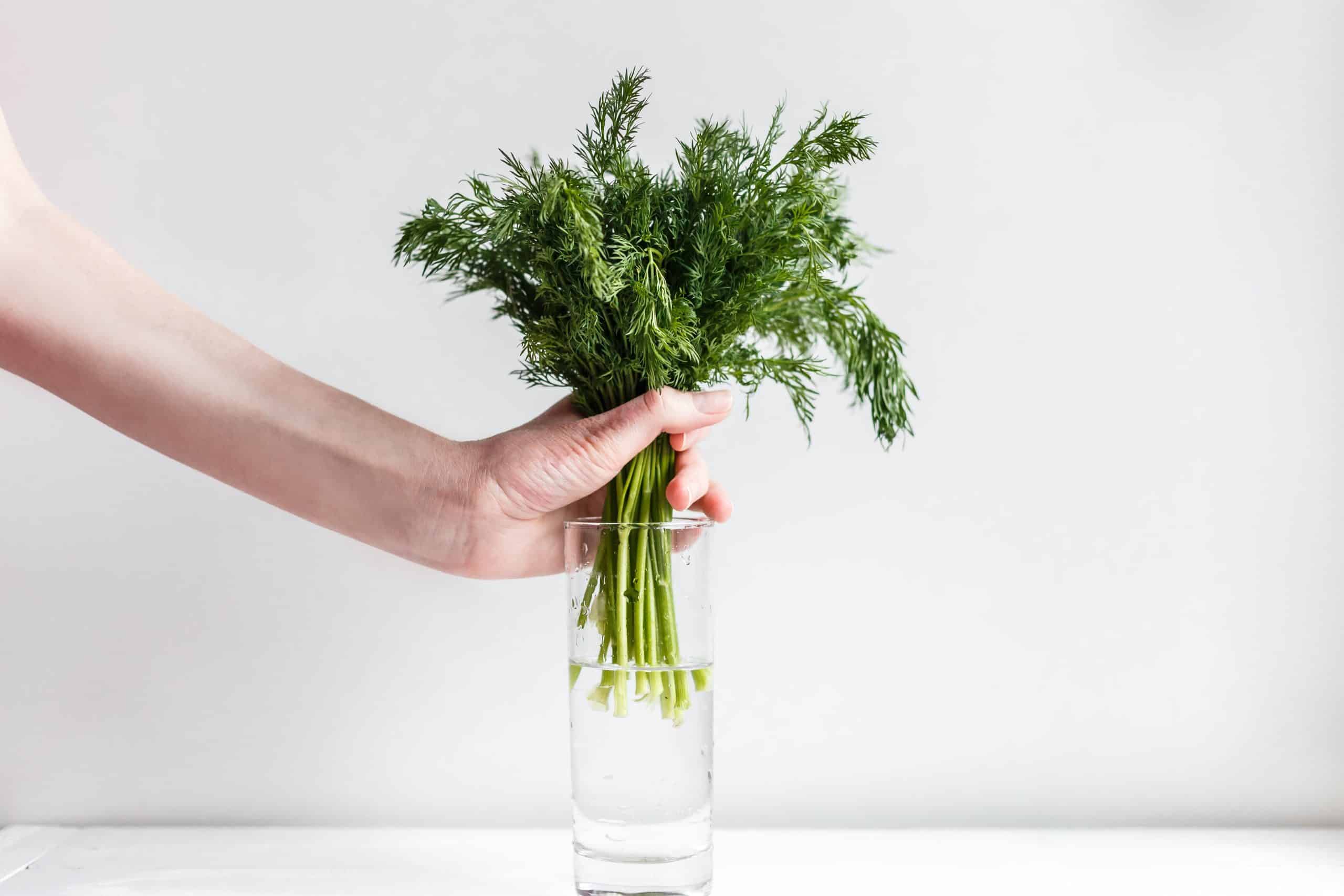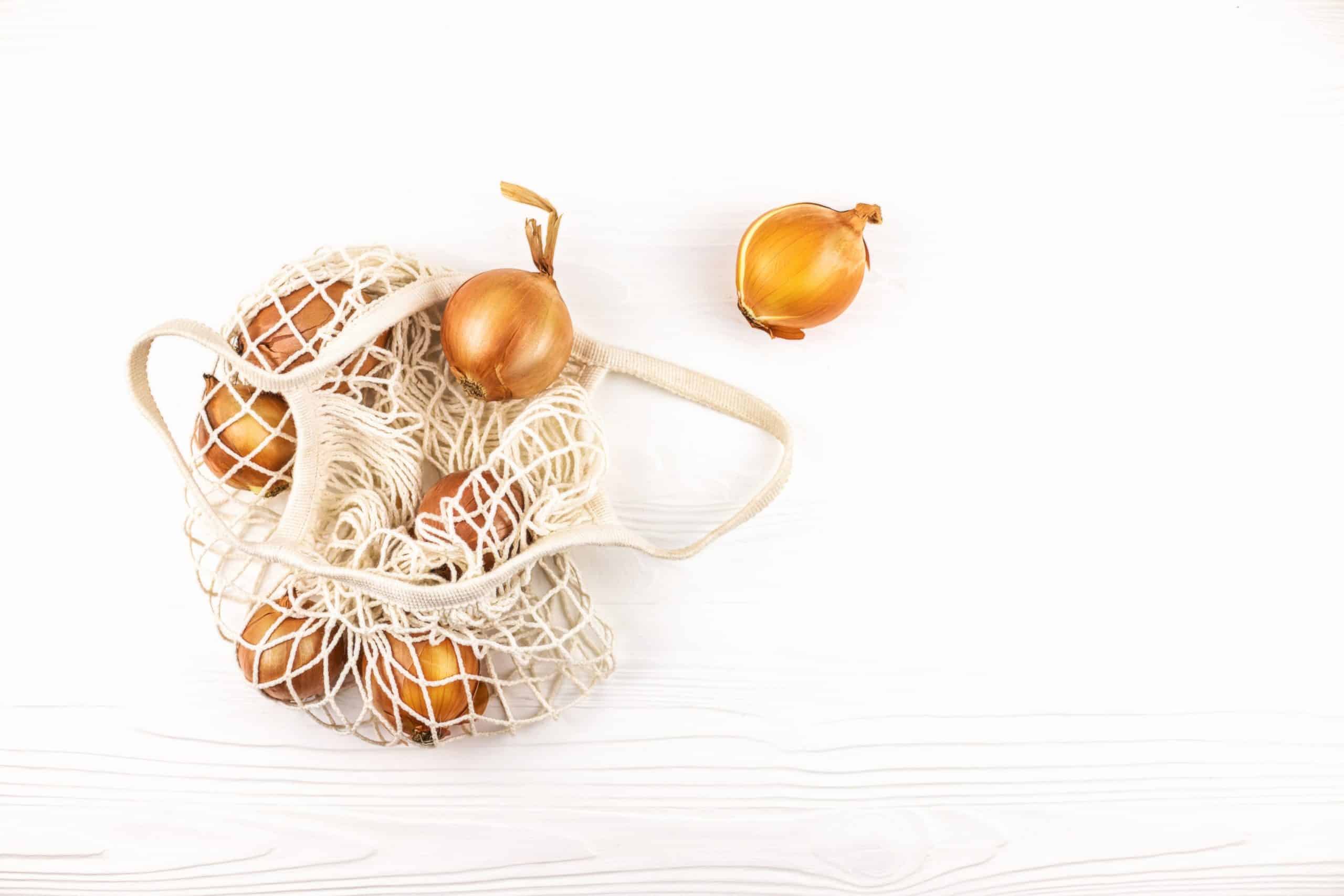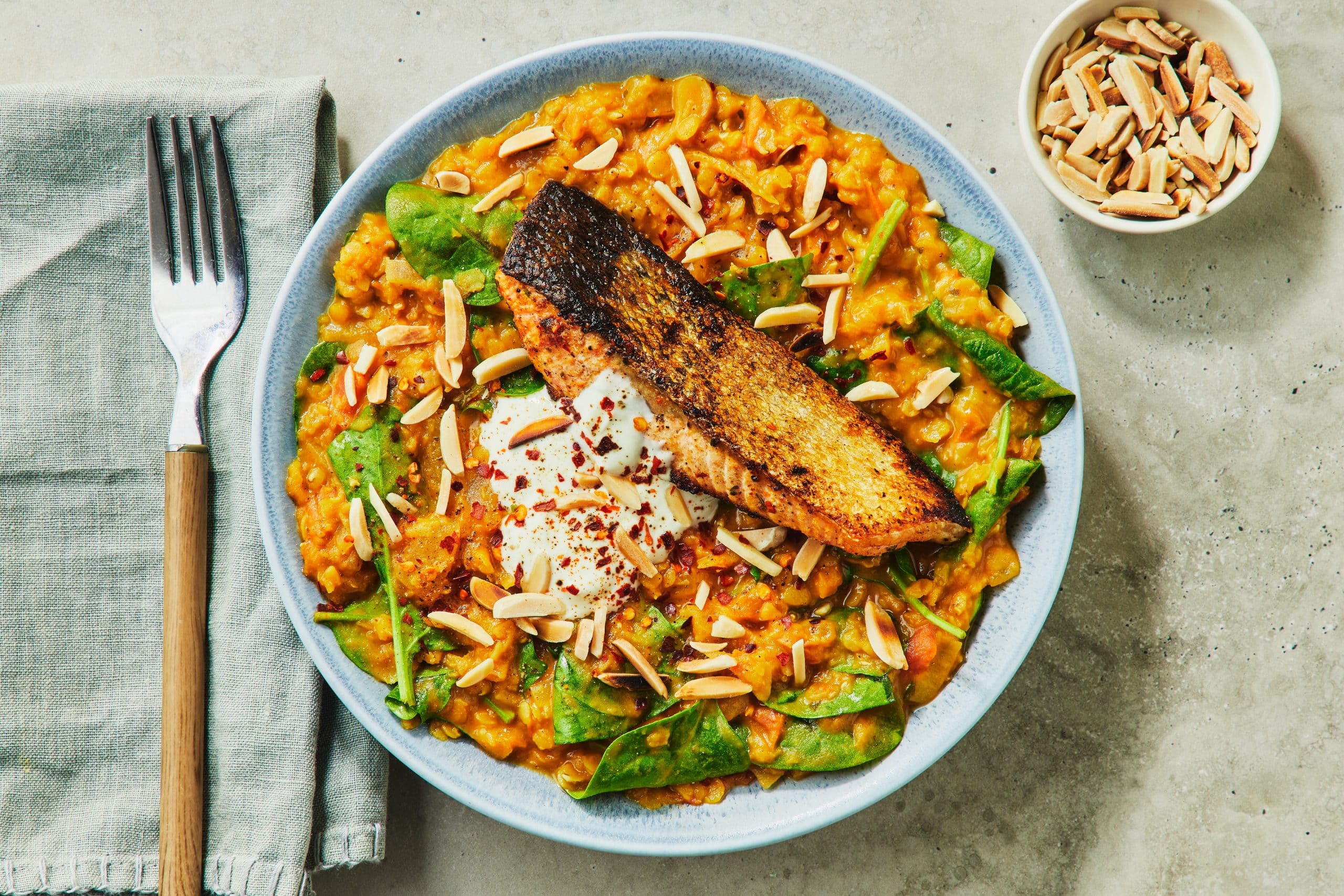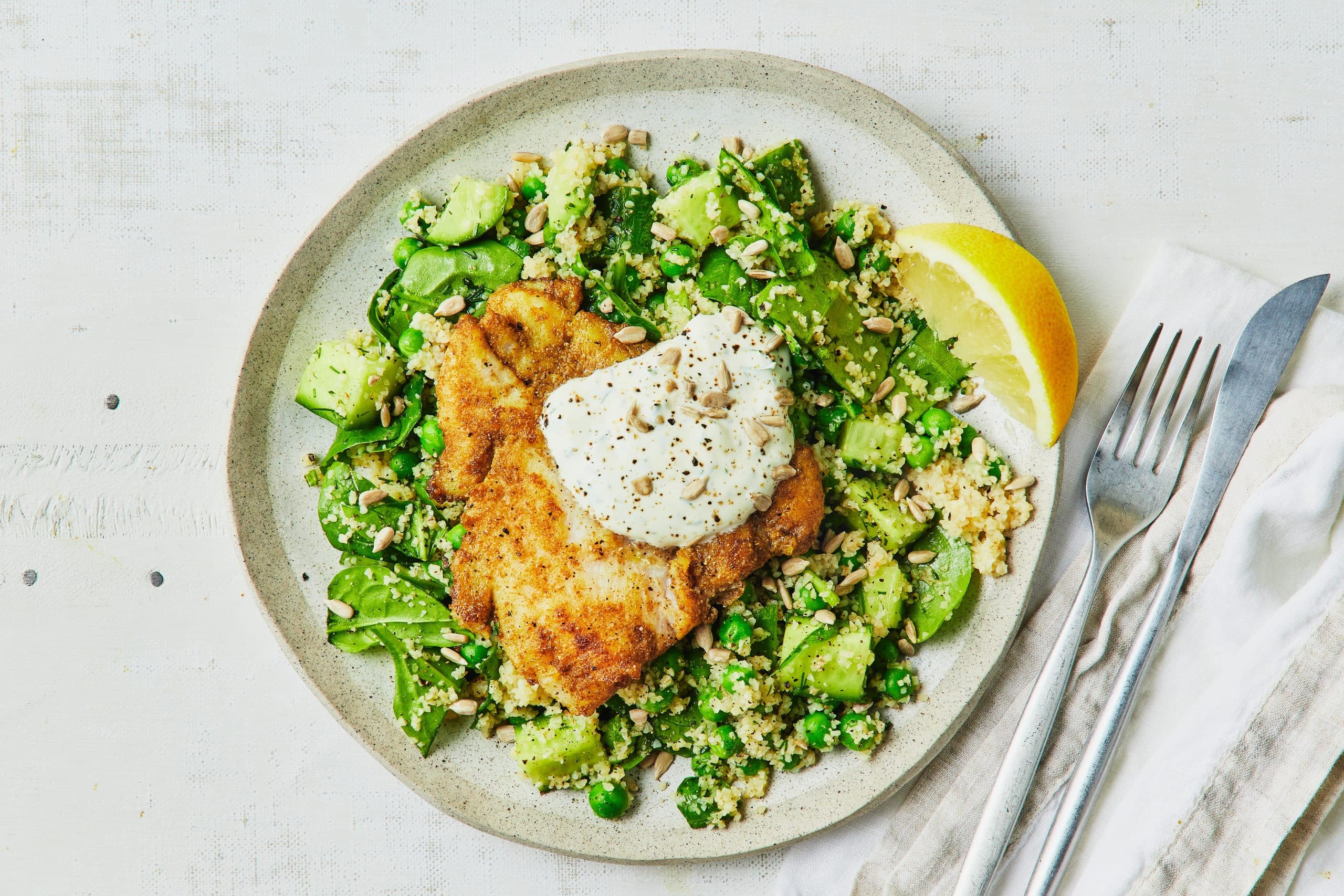It’s not always ideal to just leave your veggies in the paper bags. Some of our expert editors share their storage tips; where they recommend plastic, they strongly suggest using reusable plastic.
“I keep most vegetables (carrot, celery, cucumber, asparagus) in containers with a vented air filter system and a raised base. This keeps excess moisture away, reducing spoilage. Vegetables will last for ages; you’ll find these containers at the supermarket.”
– Miranda Payne, Recipe Editor

“To extend the life of soft herbs like parsley, coriander and dill, snip off stems at the base, put herbs in a glass of water, cover loosely with a plastic bag, then refrigerate. Change the water every day or two. Store basil the same way, but at room temperature.
For hard herbs like rosemary and thyme, wrap them in damp paper towel, then loosely wrap in plastic wrap and put in the crisper in the fridge.”
– Alison Wykes, Recipe Editor
“Keep loose salad leaves, like baby spinach and rocket, in well-sealed plastic containers; do not wash them until you are ready to use them.”
– Jane Howard, Culinary Content Manager

“Onions and garlic are best stored in a dry, dark, well-ventilated place. A string bag (suspended if possible) in your pantry is perfect. Store potatoes and sweet potato in a cool, dark place too, not the fridge as this can change their flavour.”
– Leanne Kitchen, Culinary Copy Writer
“Line containers with paper towel when storing vegetables; it absorbs moisture and stops spoiling. Note that plastic bags and airtight plastic (or glass) containers store perishables better than paper bags, so transfer all produce from your Marley Spoon bags to containers. And reuse any bags!”
– Alex Elliott, Recipe Editor

